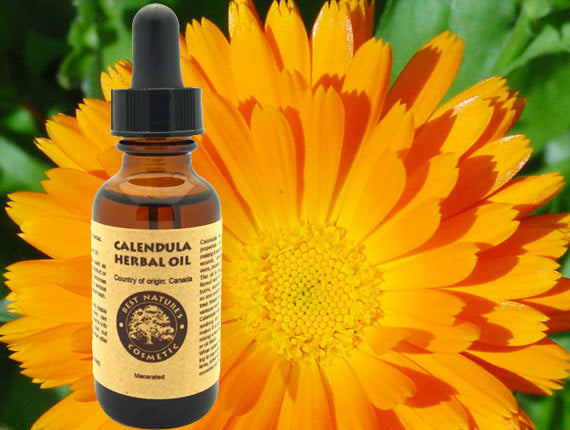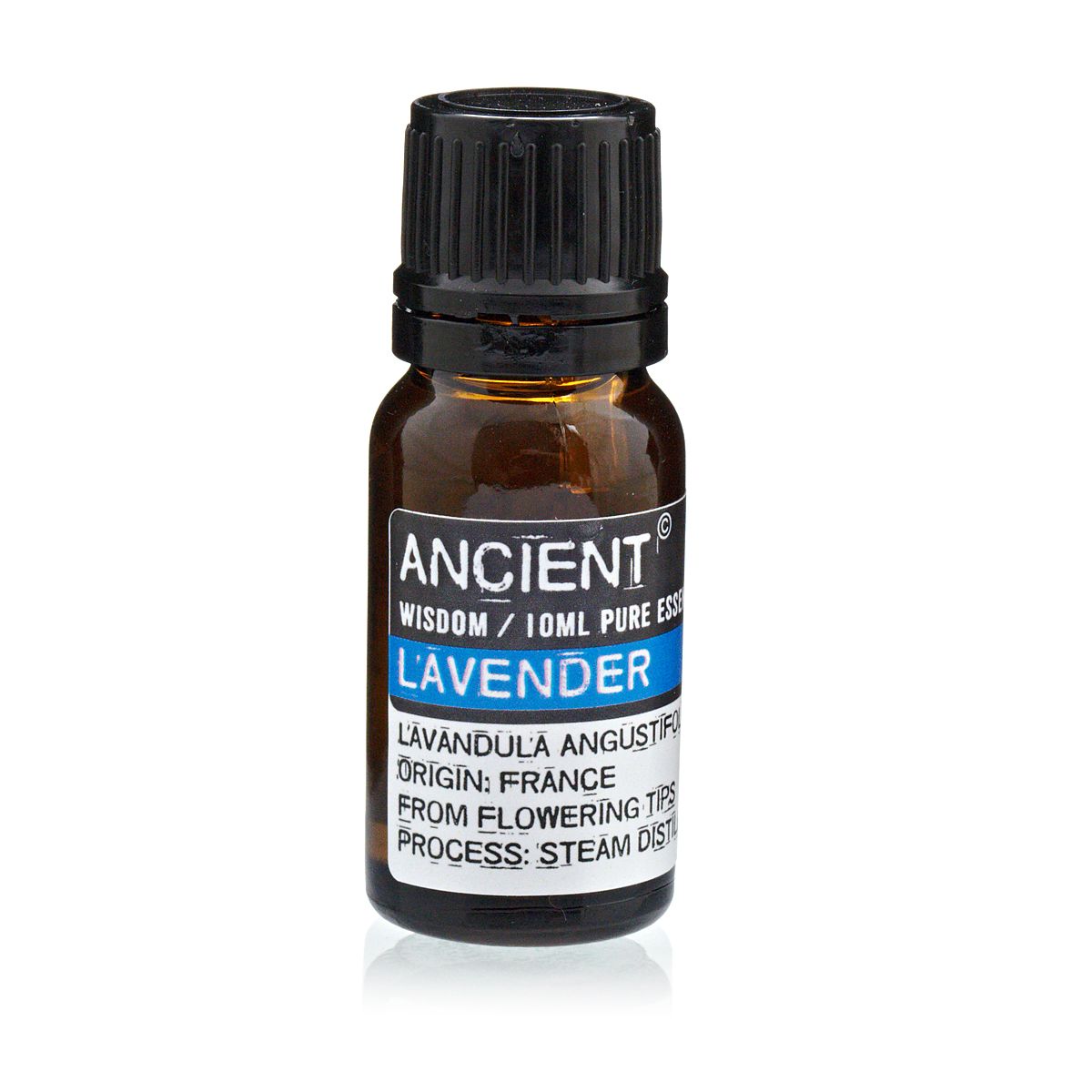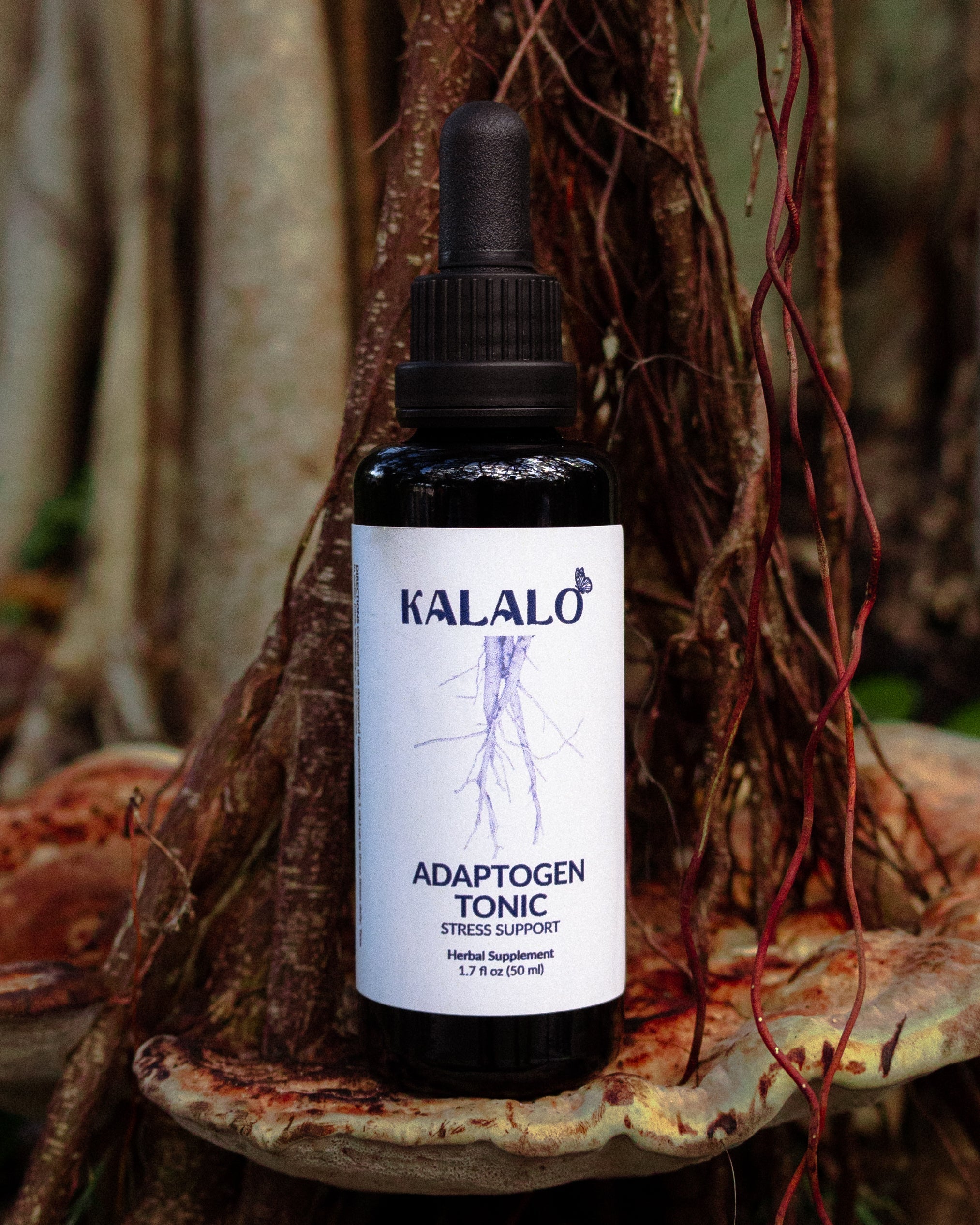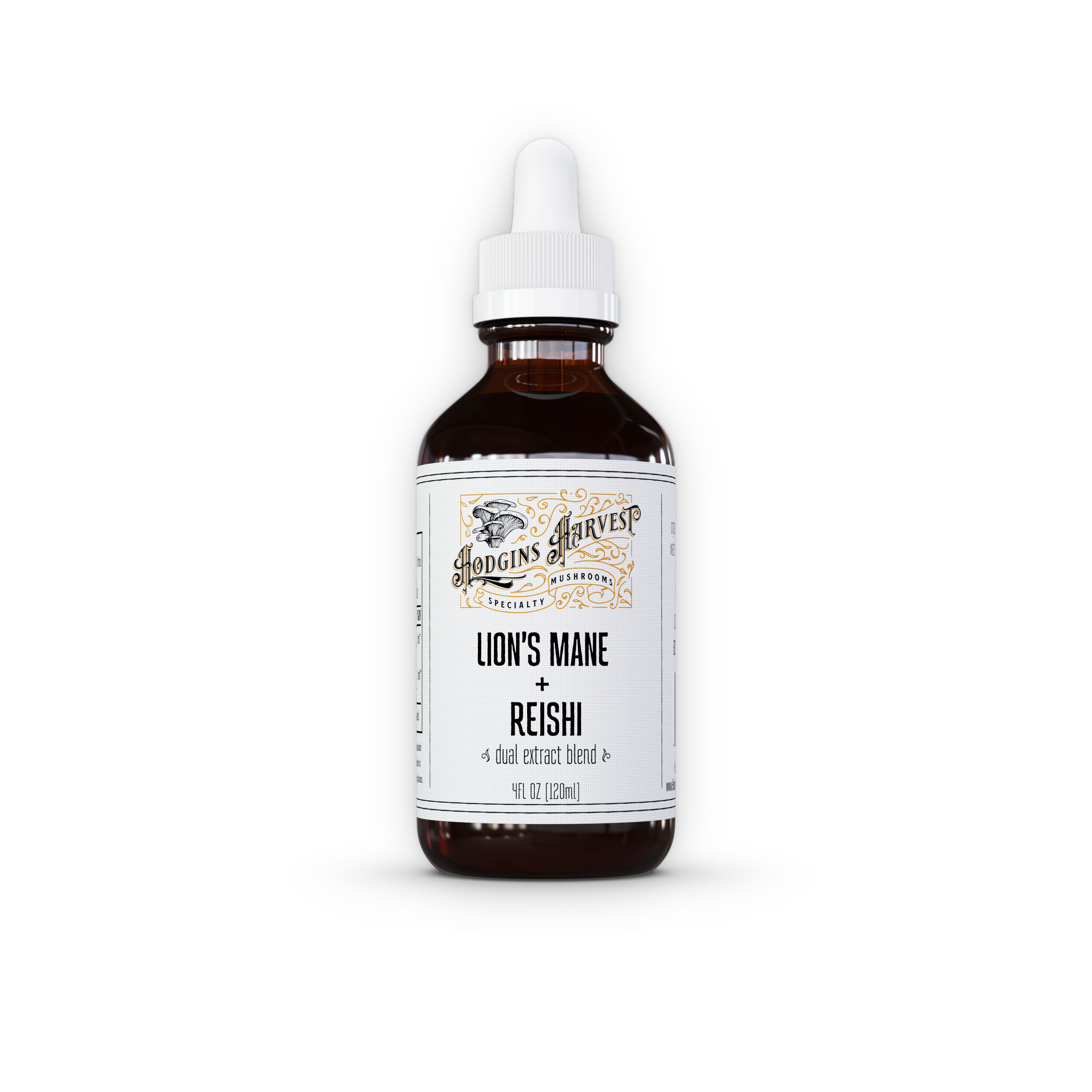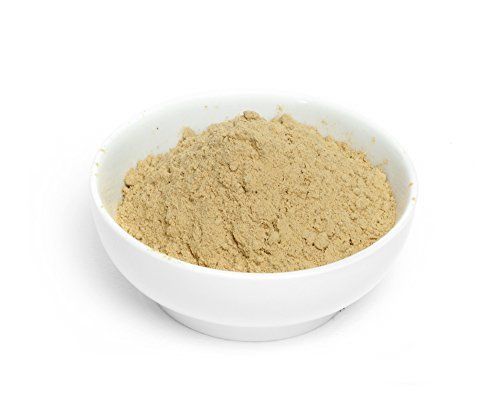
Menopause is a significant milestone in a woman's life, marking the end of reproductive years and accompanied by a range of physical and emotional changes. While it is a natural biological process, many women experience symptoms such as hot flashes, night sweats, mood swings, sleep disturbances, and weight gain that can impact their quality of life. Fortunately, herbal teas offer a soothing, natural way to alleviate some of these common menopausal symptoms. This article explores the symptoms of menopause, supported by scientific research, and highlights herbal teas that may provide relief.
Understanding Menopause and Its Symptoms
Menopause typically occurs between ages 45 and 55, resulting from declines in ovarian estrogen and progesterone production. The transition, called perimenopause, can last several years and involves fluctuating hormone levels. As hormone levels decline, women often face:
- Hot flashes and night sweats
- Sleep disturbances
- Mood swings, anxiety, and depression
- Vaginal dryness
- Weight gain and altered metabolism
- Reduced libido
Managing these symptoms often involves hormone replacement therapy (HRT); however, many women seek natural alternatives, including herbal teas, which are easy to incorporate into daily routines.
Herbal Teas as Natural Remedies for Menopause Symptoms
Herbal teas contain bioactive compounds that can modulate hormone levels, reduce inflammation, and promote relaxation—helping to ease menopause symptoms. Here are some of the most studied and effective teas:
1. Red Clover Tea: Phytoestrogens That Mimic Estrogen
Scientific Evidence: Red clover (Trifolium pratense) contains isoflavones — plant-derived compounds similar to estrogen. Multiple clinical trials suggest that red clover can reduce hot flashes and improve overall menopausal symptoms. A 2008 study in Maturitas found that women consuming red clover extract experienced a significant reduction in hot flashes and night sweats.
Active Components: Isoflavones such as genistein, daidzein, and formononetin. These phytoestrogens bind to estrogen receptors, providing mild hormonal support.
Benefits:
- Reduces frequency and severity of hot flashes
- Eases night sweats
- Supports bone density (with ongoing research)
Serving Tips:
Drink 1-2 cups daily; available in tea form or as a supplement.
2. Black Cohosh Tea: Traditional Herb for Hot Flashes
Scientific Evidence: Black cohosh (Actaea racemosa) has been used for centuries to treat menopausal symptoms. Meta-analyses, including a review in American Family Physician, report that black cohosh can significantly reduce hot flashes, with some studies showing comparable effects to HRT for short-term relief.
Active Components: Triterpene glycosides and phenolic compounds; though the exact mechanism is unclear, it’s believed to act centrally on thermoregulation.
Benefits:
- Decreases hot flashes and night sweats
- Improves mood and sleep quality
- Reduces irritability
Serving Tips:
Typically used as a tea or supplement; consult a healthcare professional for dosing, especially if on medications.
3. Sage Tea: Natural Solution for Night Sweats and Hot Flashes
Scientific Evidence: Sage (Salvia officinalis) has antispasmodic and estrogen-like properties. A 2009 study published in Complementary Therapies in Clinical Practice observed that women drinking sage tea reported a significant reduction in hot flashes and night sweats over a four-week period.
Active Components: Thujone, flavonoids, and rosmarinic acid, which may exert estrogenic activity and support thermoregulation.
Benefits:
- Reduces hot flashes and night sweats
- Promotes relaxation
- Eases anxiety
Serving Tips:
Steep fresh or dried sage leaves for 5-10 minutes; consume 1-2 cups daily.
4. Dong Quai Tea: Traditional Chinese Medicine Support
Scientific Evidence: Dong quai (Angelica sinensis) is used in Traditional Chinese Medicine to alleviate menopausal symptoms, especially irregularities and hot flashes. However, scientific evidence remains mixed, with some studies indicating mild benefits.
Active Components: Anthoquinones, ferulic acid, and phytosterols.
Benefits:
- Balances hormonal fluctuations
- Eases hot flashes and menstrual irregularities
- Supports overall vitality
Serving Tips:
Usually made as a decoction or tea; consult a healthcare professional before use, especially if on blood thinners.
5. Peppermint and Lemon Balm Teas: Relaxation and Stress Relief
While not directly targeting menopausal symptoms, teas like peppermint (Mentha piperita) and lemon balm (Melissa officinalis) promote relaxation, reduce anxiety, and improve sleep quality and mood in menopause.
These calming herbal teas can help manage sleep disturbances and mood swings associated with menopause, providing a gentle, natural support system.
Benefits of Peppermint and Lemon Balm:
- Reduce stress and anxiety
- Promote relaxation and sleep
- Ease tension-related symptoms
Serving Tips:
Enjoy 1-2 cups in the evening to unwind and improve sleep quality.
Additional Natural Approaches and Lifestyle Tips
While herbal teas can alleviate many menopausal symptoms, combining them with other natural strategies enhances their effectiveness:
- Balanced Nutrition: Focus on maintaining a diet rich in phytoestrogens, healthy fats, whole grains, fruits, and vegetables.
- Regular Exercise: Exercise can reduce hot flashes, improve mood, strengthen bones, and support overall well-being.
- Stress Management: Practices like yoga, meditation, and deep breathing help regulate hormonal fluctuations and improve emotional health.
- Adequate Sleep Hygiene: Establish a relaxing bedtime routine, avoid caffeine and screens before bed, and create a comfortable sleep environment.
- Hydration and Cold Compresses: For hot flashes, staying hydrated and using cold packs can offer additional relief.
Tips for Safe Use of Herbal Teas and Supplements
- Always consult your healthcare provider before incorporating new herbal teas or supplements, especially if you are on medications or have chronic health conditions.
- Be aware of potential interactions; for example, black cohosh may interact with blood pressure or hormone medications.
- Use high-quality, reputable sources for herbal products to ensure safety and efficacy.
- Remember that individual responses vary; what works for one woman may not work for another.
Conclusion
Menopause is a natural transition that brings significant changes and challenges, but it also offers an opportunity to explore gentle, natural remedies like herbal teas. Scientific research supports the use of teas such as red clover, black cohosh, sage, dong quai, peppermint, and lemon balm in alleviating hot flashes, night sweats, mood swings, and sleep disturbances.
Incorporating these herbal teas into a holistic lifestyle—including nutritious eating, regular exercise, stress management, and adequate sleep—can greatly enhance comfort during menopause. Always seek personalized advice from healthcare professionals to ensure safe and effective management of menopausal symptoms.
By embracing these natural options, women can navigate menopause more comfortably and maintain their vitality and well-being through this new life stage.
Disclaimer:
This article is for informational purposes only and should not replace medical advice. Consult your healthcare provider before starting any new herbal treatments or supplements.


